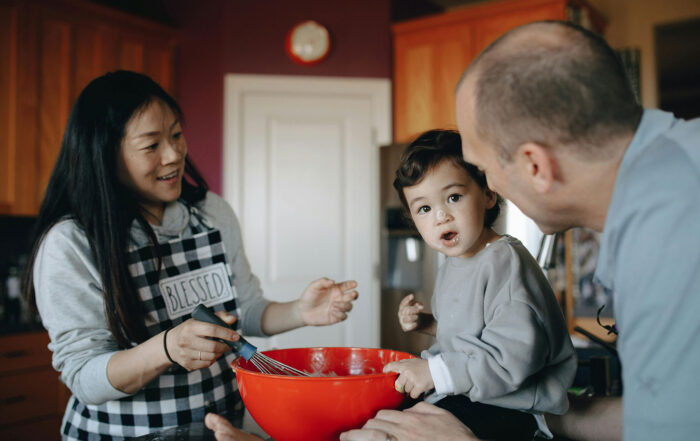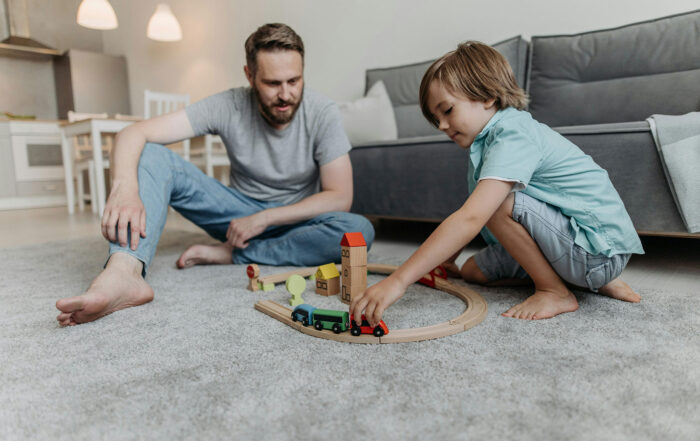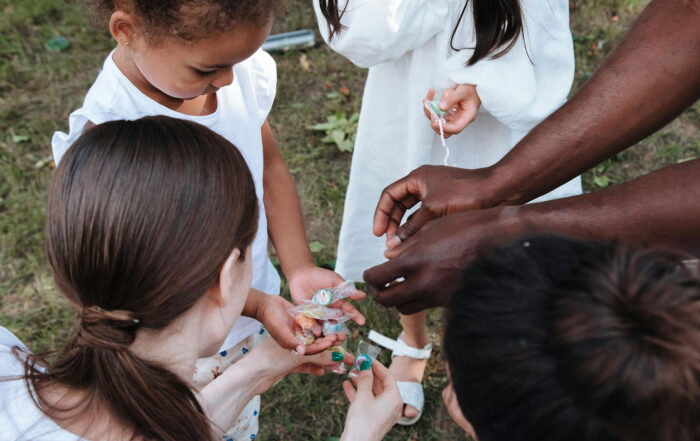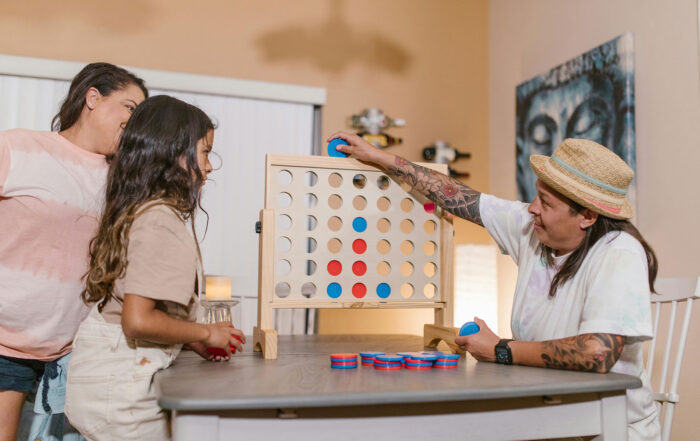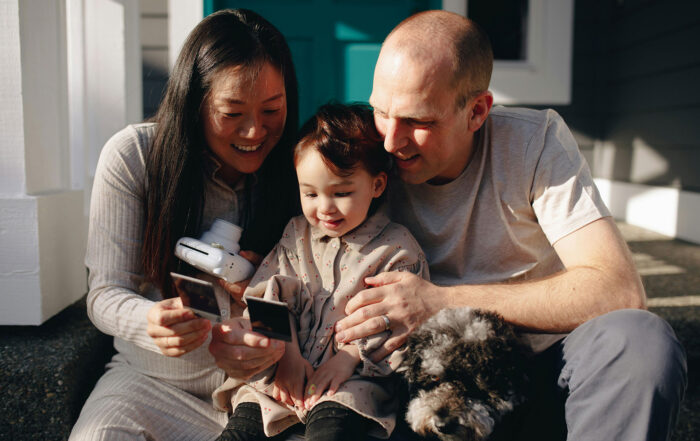
By Stacey Steinberg
Children may be processing the disruptions in their lives right now in ways the adults around them do not expect: acting out, regressing, retreating or even seeming surprisingly content. Parents need to know that all of this is normal, experts say, and there are some things we can do to help.
“Our natural response to scary things is biologically to release stress hormones,” said Dr. Nadine Burke Harris, a pediatrician and surgeon general of the state of California, and the author of “The Deepest Well: Healing the Long-Term Effects of Childhood Adversity.” The release of stress hormones activates our fight or flight response. Our bodies, in responding with the release of stress hormones, are doing exactly what they should be doing.
But in some cases, exposure to stressful events — which right now might include the absence of routines, a parent’s job loss and economic hardship, or the serious illness or death of someone a child cares about — can leave children feeling traumatized.
Share This Post!
Oprah Reports on Childhood Trauma with Dr. Bruce Perry
By Amanda Merck Oprah Winfrey is raising awareness about childhood trauma and the need for trauma-informed care. Childhood trauma—like abuse, neglect, and poverty—changes a child’s brain, body and behavior. Behavior is often [...]
Healing Invisible Wounds: Art Therapy and PTSD
By Renée Fabian When I color during therapy, it creates a safe space for me to express painful feelings from my past. Coloring engages a different part of my brain that allows [...]
Integrating Mindfulness in Your Classroom Curriculum
By Giselle Shardlow Now more than ever, teaching mindfulness in the classroom is a necessity. Our children are stressed and anxious. Teachers and parents are stressed and anxious, too. Our lives are busy, [...]
The Long Shadow: Bruce Perry on the Lingering Effects of Childhood Trauma
By Jeanne Supin The “fight or flight” instinct has served the human species well, helping us respond quickly to threats, but according to child and adolescent psychiatrist and neuroscientist Bruce Perry it can [...]
The Science of How Our Minds and Our Bodies Converge in the Healing of Trauma
By Maria Popova “A purely disembodied human emotion is a nonentity,” William James asserted in his revolutionary 1884 theory of how our bodies affect our feelings. Two generations later, Rilke wrote in a [...]
Epidemiology of Traumatic Experiences in Childhood
By Benjamin E. Saunders, PhD and Zachary W. Adams, PhD The epidemiology of traumatic experiences in childhood is a key context for research, clinical treatment, program management, and policy development. This article [...]


